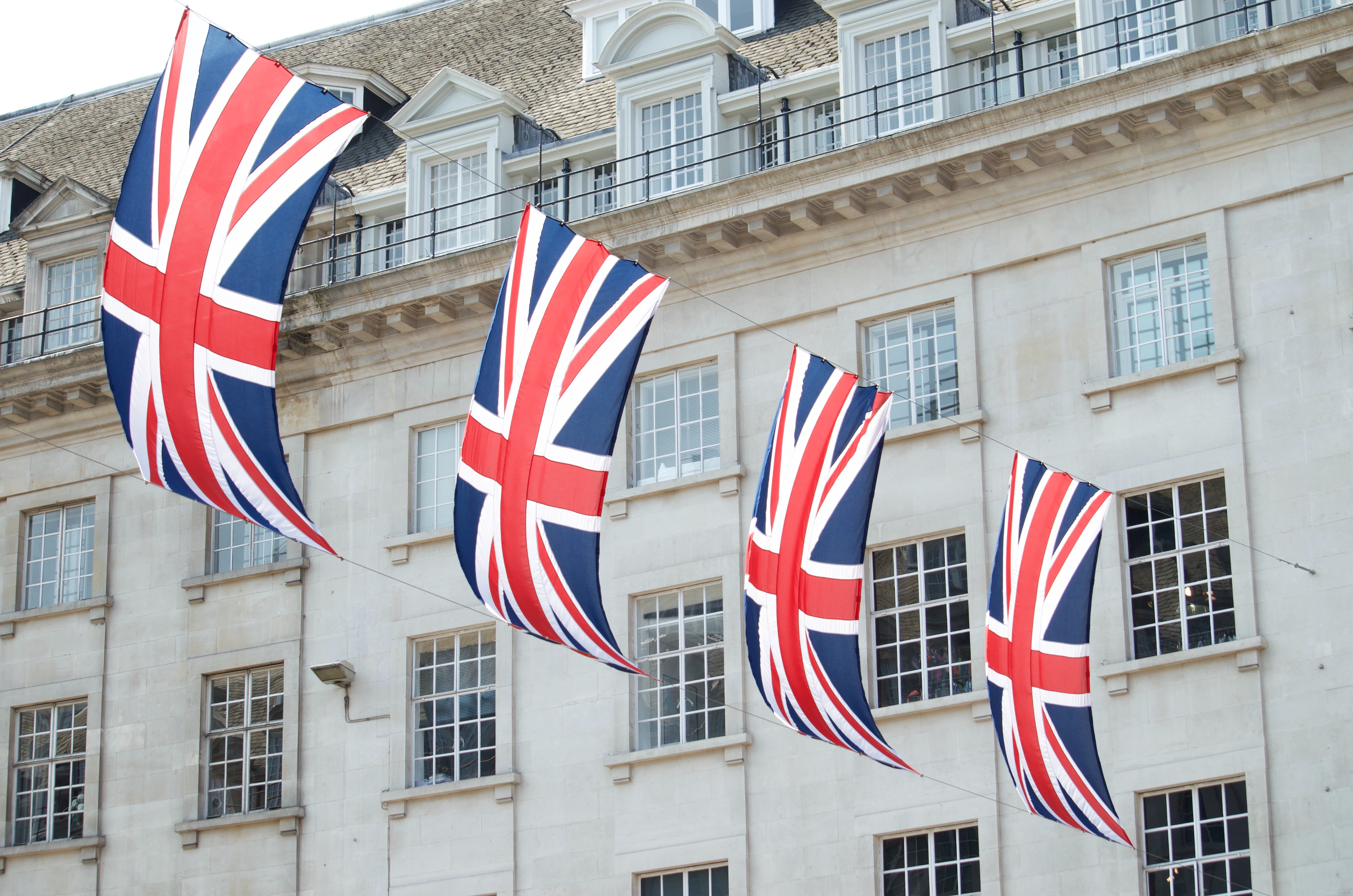“The profiteering that cannot be got at by the restraints of conscience and love of country can be got at by taxation.” – US President Woodrow Wilson, 1918.1
World leaders are using wartime rhetoric in describing the current crisis. Emmanuel Macron has declared that “we are at war”, Donald Trump has referred to the virus as an “invisible enemy”, and Boris Johnson has declared that “we must act like any wartime government and do whatever it takes to support our economy”. This language is not hyperbole.
But what does a wartime government do to support its economy? History shows us that wartime economies often bring with them radical tax innovations. Income tax was first introduced in the Napoleonic Wars, and the PAYE system (pay as you earn) was introduced in the Second World War. In this crisis we have already seen the tax system thrown into reverse to create the Furlough scheme.2
One tax that has featured in previous wars is the excess profits tax, which economists Emmanuel Saez and Gabriel Zucman have argued should be imposed by the US Federal Government as part of the response to the current pandemic.3 They rightly note that while many businesses will suffer, some will see profits increase.
In this article we take a look at what governments did in the past in relation to excess profits taxes – and how these taxes operated in practice.
In the First World War the British government saw that certain industries were doing well out of the conflict, particularly the arms manufacturers, and introduced an excess profits tax of 50 per cent of profits above the normal pre-war level. The rate was raised to 80 per cent in 1917. In 1921, the then Chancellor of the Exchequer Austen Chamberlain terminated the excess profits duty.
An excess profits tax is a tax levied on profits in excess of what is considered “normal”. While every iteration of this form of tax has been slightly different, the general rule is that an average from a pre-war period is taken. For example, Canada’s World War Two excess profits tax exempted “normal” profits taken as an average between 1936 and 1939.4 Administered under what is known as the “war-profits principle”, this tax is designed to recapture wartime increases over normal peacetime profits.
Various different rules and exemptions have been made in the past, for matters such as the size of the business, if the income is derived from investments, or to allow for depreciation of assets. In the First World War, in the UK a deduction of £200 per annum was allowed in the case of every business, which was subsequently increased in the case of small businesses. Administration of this tax went without serious friction, with taxpayers considering it part of their patriotic duty.
The UK wasn’t alone in introducing an excess profits tax during the Great War. Australia, Canada, New Zealand, South Africa, France, Italy, and the United States of America all introduced similar taxes. The goal was the same – to help pay for the war, and to ensure that no one outrageously benefited from a situation in which the country at large suffered.
Throughout the Second World War the excess profits tax was reintroduced. The debate in Parliament throughout the war was not over whether there should be an excess profits tax, but if the tax should stand at 100 per cent or not.
During his 1941 Budget speech, the then Chancellor of the Exchequer, Sir Kingsley Wood, stated that “The yield of National Defence Contribution and Excess Profits Tax exceeded the estimate of £70m by no less than £26m”, and that “The large surplus is due mainly to the public-spirited manner in which many firms and companies have paid over the estimated tax due from them without waiting for the figures to be finally agreed.”5
Wood went on to explain that the measure “is directed primarily to taking the profit out of war and ensuring that in war-time, when the whole nation has to bear sacrifices, the increased production which the war requires will not become the means of enrichment that it did in the last war.”6
Taxation to pay for war has been fairly popular so long as the war in question is popular too. Once you unite the people in a common cause, they have historically been quite happy to pay for it. Covid-19 is not a war of choice. If governments wanted to introduce measures such as excess profits taxes, it is likely that they would face little opposition from the public.
1US President Woodrow Wilson, Session of 65th Congress, 27 May 1918.
2Coronavirus: Employment Support, House of Commons, 19 March 2020, https://hansard.parliament.uk/Commons/2020-03-19/debates/A72357FF-0207-4CE1-A3EF-B5F2D5AE5089/CoronavirusEmploymentSupport
3Jobs Aren’t Being Destroyed This Fast Elsewhere. Why Is That?, Emmanuel Saez and Gabriel Zucman, The New York Times, 20 March 2020, https://www.nytimes.com/2020/03/30/opinion/coronavirus-economy-saez-zucman.html?action=click&module=Opinion&pgtype=Homepage
4Canadian Economist Alex Hemingway has recently called for an excess profits tax – Excess profits tax needed to prevent profiteering amid COVID-19, Policy Note, 09 April 2020, https://www.policynote.ca/profits-tax/
5Budget speech, 07 April 1941, https://hansard.parliament.uk/Commons/1941-04-07/debates/047d6100-7faf-4924-bfba-2152f9a19d7b/ReviewOf1940%E2%80%9341
6Ibid


